What is Photojournalism?
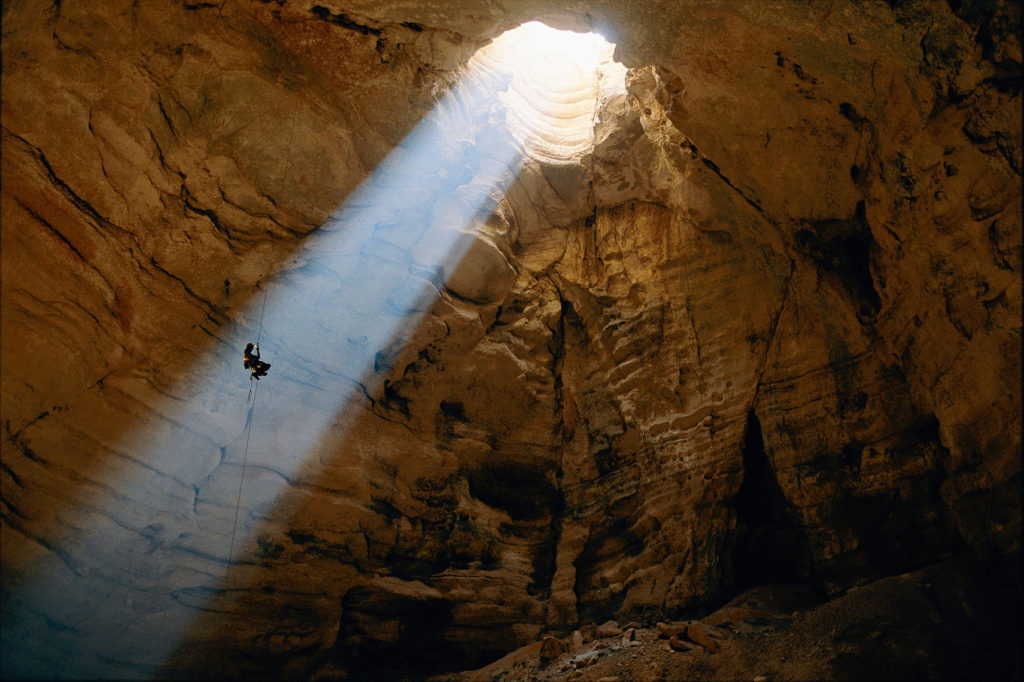
Ben Cadddell descends into Majalis al Jinn cave, Oman.
Photojournalism is a still of real life events that have happened/are happening. They are a still image capturing a moment of those events. Photojournalism distinguishes itself rom documentary photography in that it just captures a moment in time rather than several moments over a period of time. Art photography is more creative in that you can manipulate how the person or things are standing, where things are, and the location of the event. Street photography is not necessarily taking pictures of an event at all but rather just snapshots in a life.
Photojournalists, like the photographer I chose Stephen Alvarez, make a living by working for newspapers, magazines, or book publishers (Alyson, Jennifer 2019). Stephen Alvarez makes his money by doing films and working for National Geographic magazine. The clients are magazine, newspaper and book editors. It is all up to whether these people think that the photographer’s photograph is worth money or worth publishing. Photojournalists revenue streams go through selling products, such as books, posters, calendars, etc.; selling time/expertise, such as teaching classes, training, commissions, assignments; and selling use rights/royalties, such as editorial (books, magazines, newspapers, online, etc.), commercial (advertising and displays), and many to many (blogs, websites, and cell phones). (Larsen, David).
Photojournalism began during the Crimean War (1853-1856). Roger Fenton was the first official war photographer, and his photographs were printed using engravings. It began with war photography, because it was the first time people had an actual view of what the horrors of what actually looked like. Matthew Brady was a photographer during the Civil War, capturing battlefields and employed 20 assistants, all with a mobile darkroom (Stewart, Jessica 2017).
The 1930s through the 1970s were considered the “Golden Age” in photojournalism due to the invention of the flash bulb and compact Leica 35mm camera that made photography completely portable (Stewart, Jessica 2017). Three photographers at the time that were influential were Margaret Bourke-White, who was the first American female war reporter and photographer of the first LIFE cover; Robert Capa, who helped created Magnum Photos; and Dorothea Lange, who documented the Great Depression.
One contemporary source of photojournalism is National Geographic. The best work at National Geographic is done by freelance photographers and sometimes amateur photographers who have submitted photos to the magazine in the section called “Your Shot”. The contemporary photojournalist I would like to emulate is Stephen Alvarez. Alvarez is an award winning National Geographic photographer who takes pictures of exploration, culture and archeology. (alvarezphotography.com).


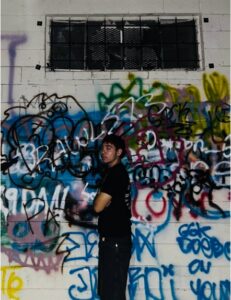
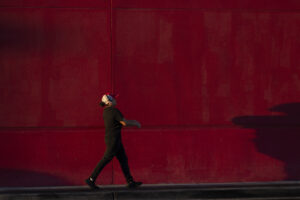
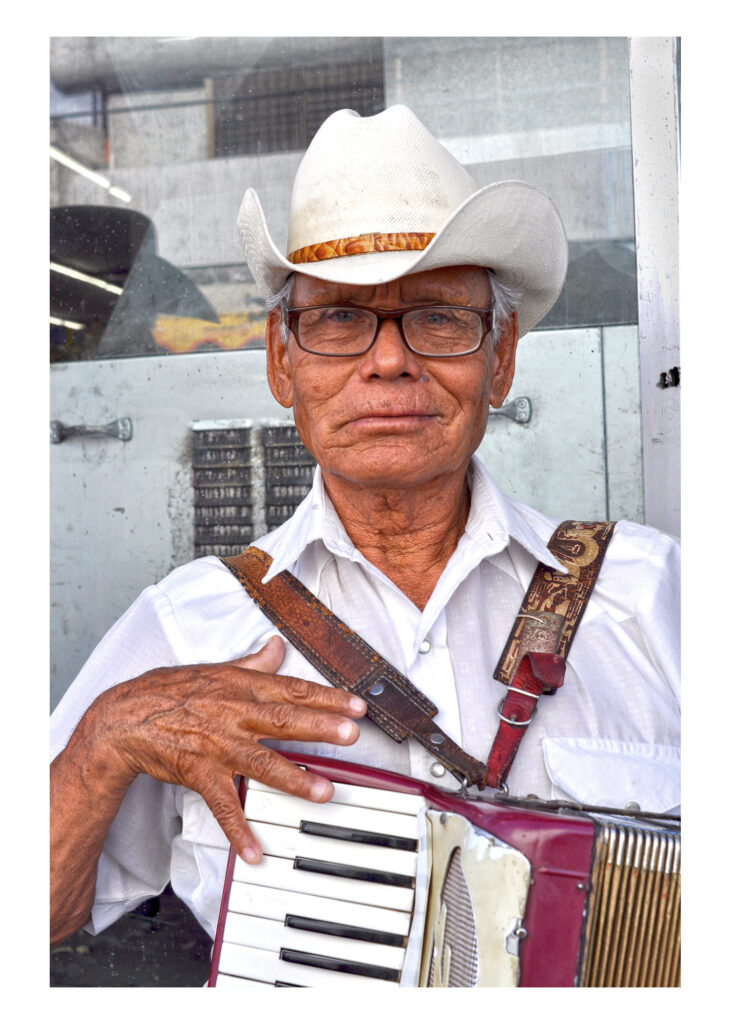
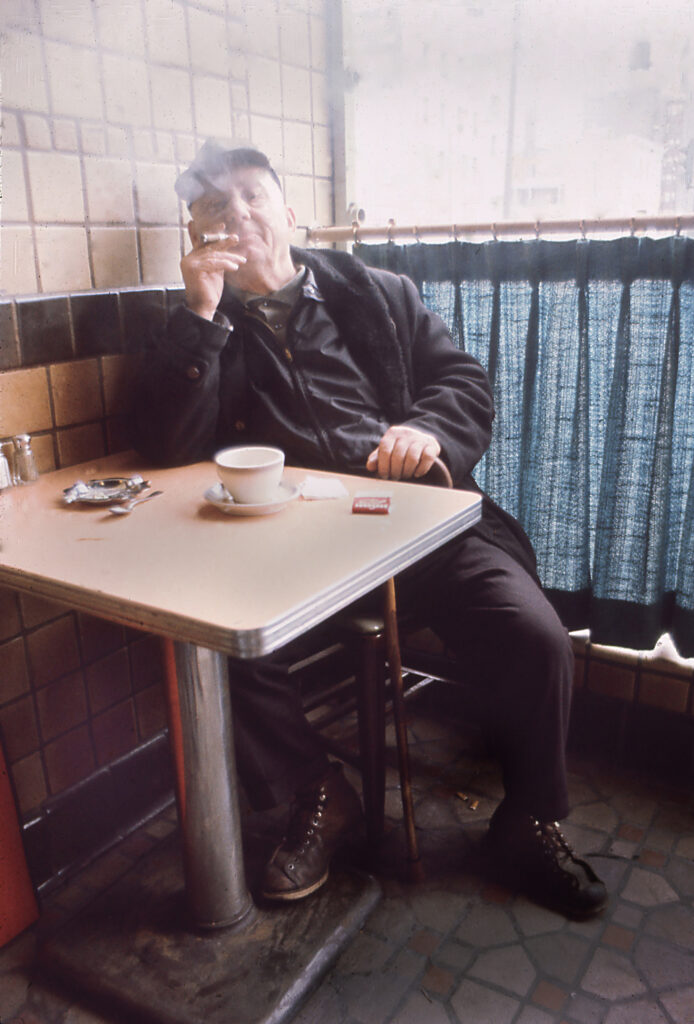
Site sources, please.
Good paper.